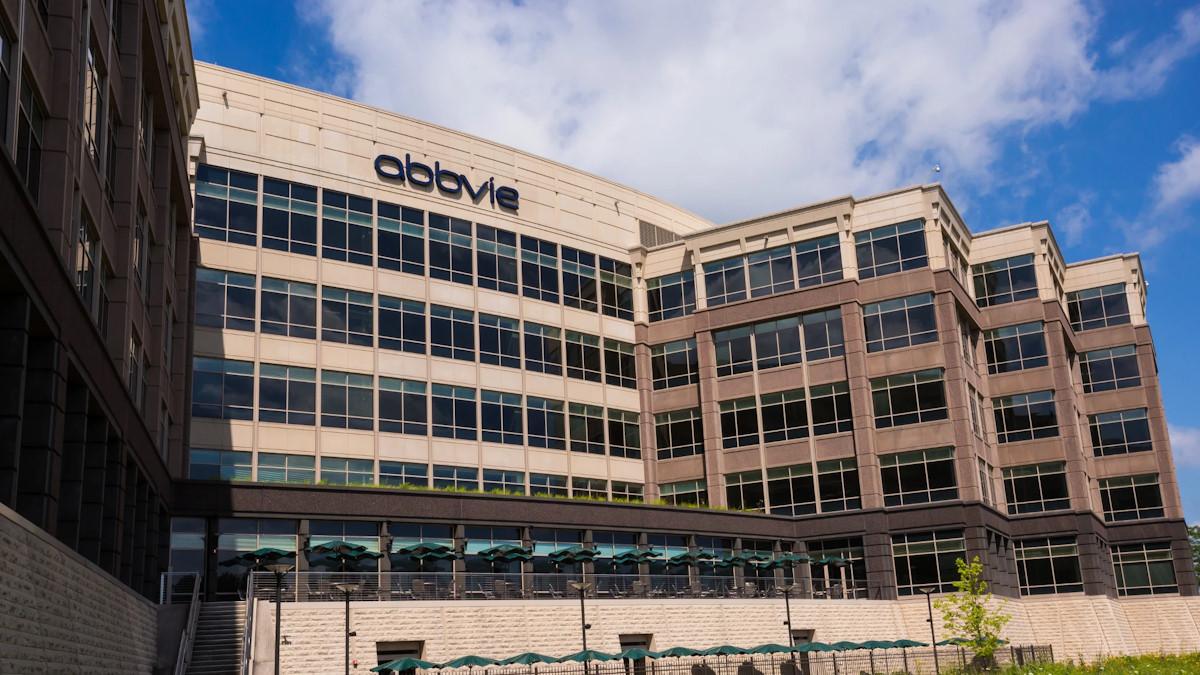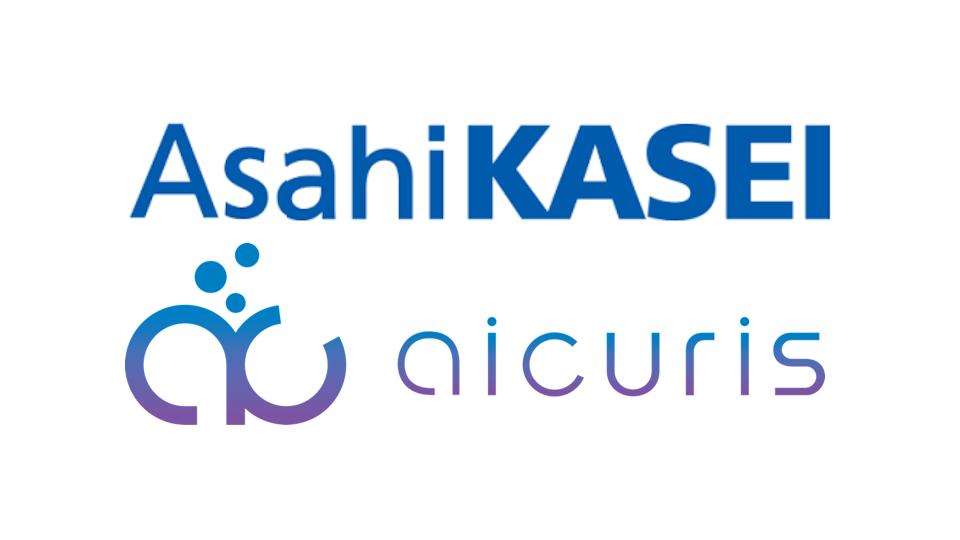AbbVie gets bigger in Alzheimer's R&D with Aliada takeover

AbbVie has boosted its Alzheimer's disease pipeline with a $1.4 billion cash deal to buy Aliada Therapeutics and its anti-amyloid antibody ALIA-1758, which is in phase 1 testing.
If consummated, the marriage will also give AbbVie access to Aliada's MODEL platform for delivering large-molecule drugs across the blood-brain barrier (BBB).
The Boston biotech said the platform had enabled the development of ALIA-1758 – an anti-pyroglutamate amyloid beta (Aβ3pE) antibody, which it says is a 'potential best-in-class therapy for Alzheimer's' – and could transform the treatment of neurological diseases by making it easier to deliver antibodies and other drugs like RNA interference (RNAi) candidates into the central nervous system.
ALIA-1758 is in the same general class as Eisai/Biogen's Leqembi (lecanemab) and Eli Lilly's Kisunla (donanemab), which have started to roll out in markets around the world but are seeing obstacles to use, and is an expression of confidence in the anti-amyloid class.
ALIA-1758 targets pyroglutamate amyloid beta – in a similar way to Kisunla – but the use of MODEL technology means it should be able to reach higher concentrations in the brain and dissolve amyloid plaques more quickly.
The significance of that is hard to gauge, given that both Kisunla and Leqembi are already fairly efficient at getting rid of plaques but clinical trials have shown only modest efficacy.
One key factor, however, is that anti-pyroglutamate amyloid antibodies seem to reduce the risk of neuroinflammation – potentially reducing side effects that have been seen with Leqembi and Kisunla that have prevented some regulatory approvals and affected reimbursement coverage decisions.
AbbVie's pipeline already features a series of candidates for Alzheimer's disease, including another pyroglutamate-modified anti-AβpE3 antibody, codenamed ABBV-916, which is in phase 2 development.
The company is also running mid-stage trials of ABBV-552, an SV2A modulator, which is being evaluated to enhance synaptic efficiency in Alzheimer's, and Alector-partnered TREM2-directed antibody AL002. Finally, it is testing muscarinic M4 receptor-targeting candidate emraclidine for Alzheimer's-related psychosis in phase 1.
"Neuroscience is one of our key growth areas and we are committed to driving innovation in this field to address critical unmet needs for patients living with seriously debilitating neurological diseases such as Alzheimer's disease," said Roopal Thakkar, AbbVie's chief scientific officer.
"Aliada's novel BBB-crossing technology strengthens our R&D capabilities to accelerate the development of next-generation therapies for neurological disorders and other diseases where enhanced delivery of therapeutics into the CNS is beneficial," he added.
The deal is expected to close before the end of the year, subject to the usual regulatory approvals.












